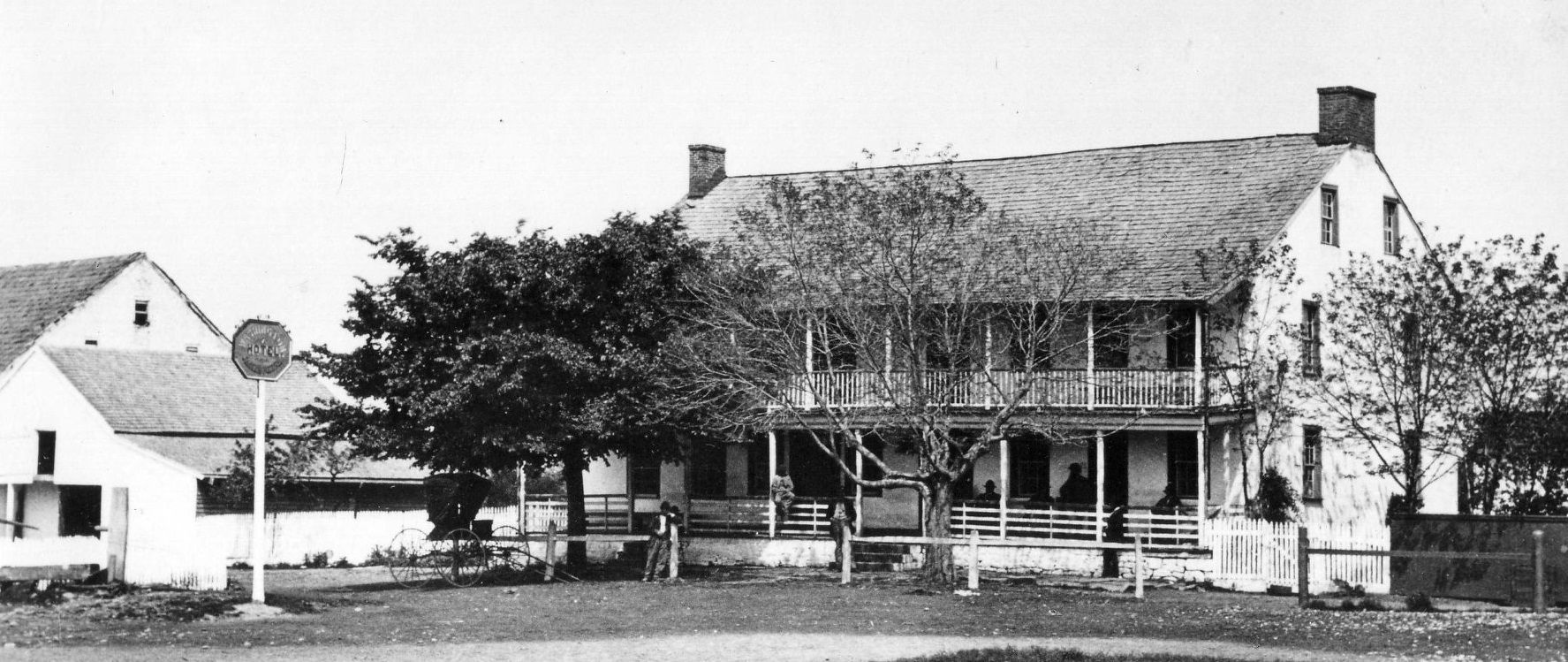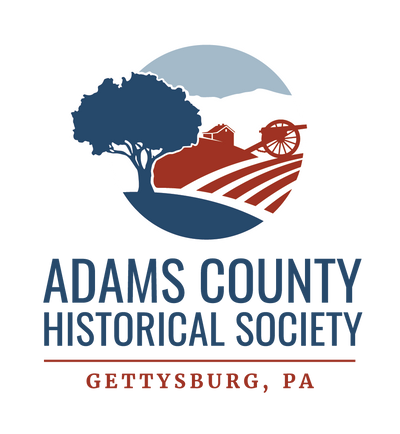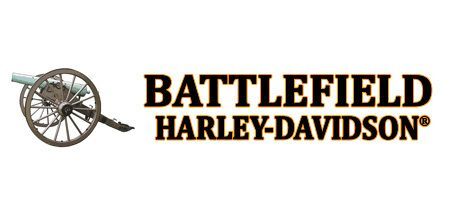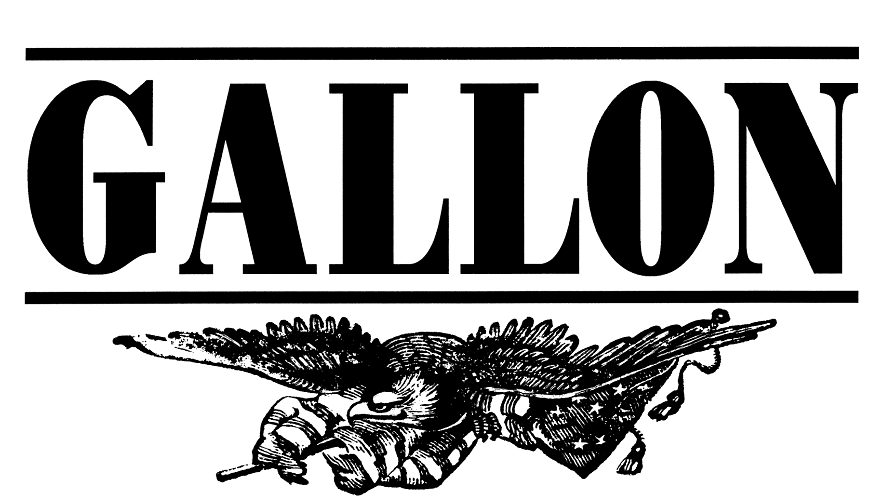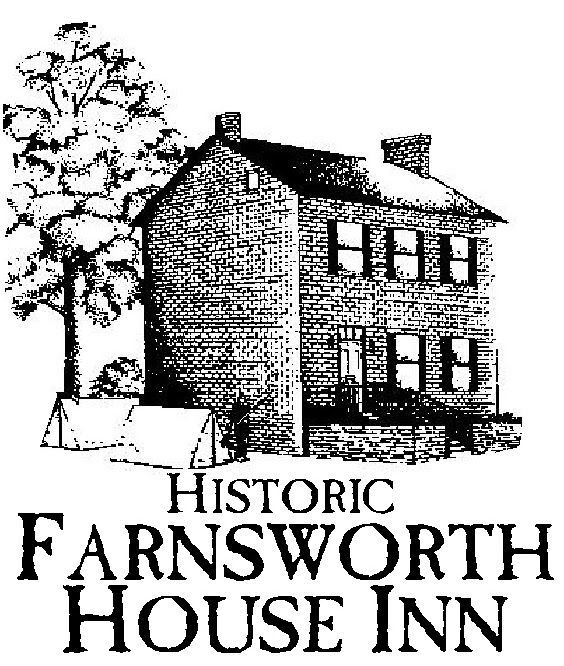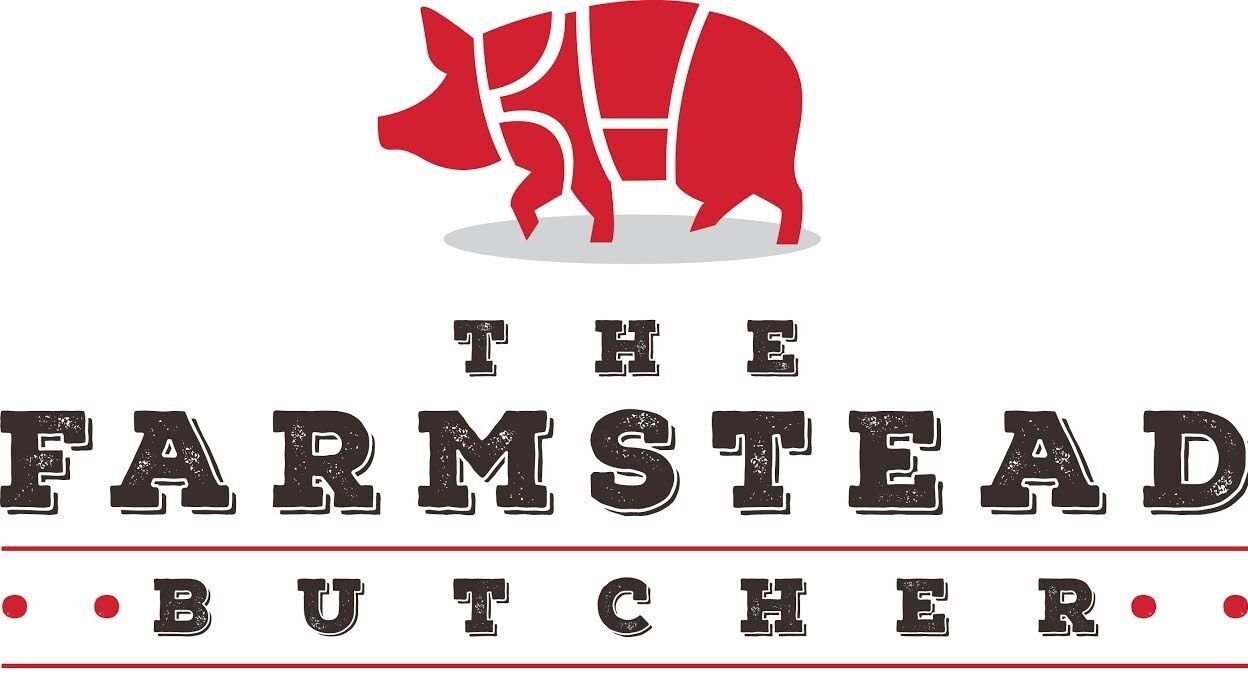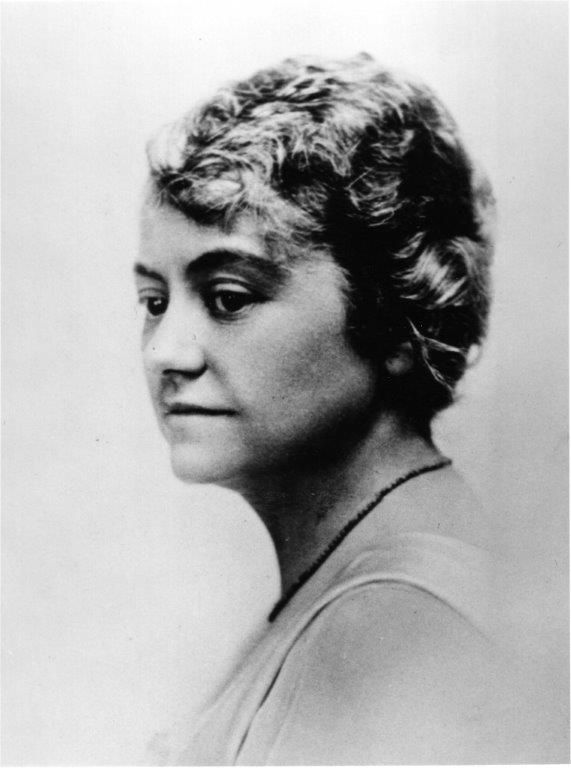
Crossing the Valley of Death, Shambaugh took precautions against being seen. The tourist season had opened and there were cars in every direction. He was not afraid of strangers, or of the guides in the automobiles; but for the guards who patrolled the avenues, took the numbers of automobiles which exceeded the snail’s pace allowed, and prevented mischief of all kinds, he had a certain amount of respect. The guard in this section, a sturdy old man named Eccles, was especially active and suspicious; but slipping from one clump of bushes to another, and then finding ample shelter among great rocks, Shambaugh reached the south side of Round Top unobserved, and there found, as he expected, a number of fine azalea plants, the survivors of a widely extended growth.
He set to work at once, not to cull the blooming branches and twigs, but to cut the stalks themselves close to the ground. Collecting them, he sat down comfortably; and having trimmed them into short lengths, he tied them into bunches with pliable twigs. He had intended to start back to Gettysburg at once; but feeling drowsy, he stretched out for a nap. He had walked not far from twenty miles and the ground felt deliciously soft. Yawning, he closed his eyes.
Waking hours later with a start, he leaped up. The aspect of the light had changed; afternoon must be far advanced. He saw that instantly even before he observed irate Eccles beside him. Eccles was a lover of beauty, and many times in the spring he secretly extended the patrol required of him in order to satisfy himself that this secluded patch of loveliness remained un discovered and undespoiled. Outraged at the sight of Shambaugh and his plunder, he began to denounce him, calling him thief and miscreant and scoundrel. Bewildered and not wholly awake, Shambaugh began to make excuses.
“They’re mine as much as yours.”
“They’re neither mine nor yours. Clear out as fast as you can! The next time you come into the borough the police’ll be waiting for you.” He moved threateningly toward Shambaugh He was a smaller man, and he had no weapon but a heavy cane; but he knew no fear. “Pack off!”
Recovering himself, Shambaugh began to swear.
“Cut it out!” cried the old guard, still moving him on. “Pack off or you’ll land in jail! Faster!”
He stepped briskly on, motioning Shambaugh ahead of him and now and then stepping on his heels. They came out in a few minutes on the avenue to the west of the hill.
“Let me see you beat it!” commanded Eccles. “Beat it! At four o’clock the truck’s coming to pick me up. They’ll be here any minute, and if you don’t get out you may spend the night in prison.”
Shambaugh heard the sound of a heavy car and scrambled over the fence. He crossed a field and looked back from the shelter of a clump of trees. Far to the left lay the town, before him was the battlefield, with Round Top rising like a pyramid of springtime green. The truck arrived and Eccles stepped in and drove away. Shambaugh suddenly laid his hand on his thigh. He believed he had been kicked awake, and the sum of all the hatred he had every felt was weak beside that which filledhis heart.
He looked toward Gettysburg with a hotter rage than that with which he had looked at Chambersburg. He shook his fists, trembling like apalsied man; he cursed aloud.
There was no revenge which was great enough; even killing the guard would not assuage his anger.
Then suddenly he had an inspiration. The heavy hammer still weighted down his pocket, and upon it he laid his hand. He knew suddenly what he could do, and his joy weakened him so that he sank on the ground. He leaned his back against a tree and folded his arms; he would have to wait, he supposed, till after dark. He took the hammer and brought it down, merely letting it drop without adding weight to the stroke, and the stone upon which it fell split in two; he tried it upon a larger stone, adding force to the blow, and it shivered to small fragments.
At midnight Shambaugh took the road back toward South Mountain. It was not exactly the same road he ahd traveled in the morning, but a parallel course a little to the north, along the tree-grown edges of streams and fence rows where treasured fruit trees still furnished a slight shelter. The moon was shining brightly and there was a constant gleam of automobile lights, now on the level, now far up om the hill where Confederate camp fires had long ago revealed to Gettysburg the presence of the enemy.
Shambaugh kept well out of the long beams from lamps. He had left ruin behind him, but he did not intend to suffer punishment. The arm which had protruded so menacingly from the marble shaft now lay upon the ground, here a horse had lost his leg, here a general his head, here a corner was gone from the heavy base of a fine monument, here a peak from an obelisk whose summit was within smiting distance. The heavy hammer, now lying in the little run in the Valley of Death, had proved equally effective on copper, and from fine reliefs heads and arms and hands had been knocked off.
After he had thrown the hammer away, he had seen the carved figure of a sharpshooter sighting along his gun and he had broken off the gun with a heavy stone. Remembering how easily it had cracked, he smiled. He had not been so happy for years.
His pleasant work had taken longer than he expected. It was astonishing how many cars went round the field at night, filled with young people shrieking with silly laughter, or closely curtained and possibly bound on some errand which good people would call wrong.
The avenues turned short curves and there was no telling when a dark and shadowed spot would be as bright as day. It was necessary to pass carefully from one monument to the other, prepared to lie down or to leap behind a clump of trees. Now he expected to walk until dawn, heading for Jim King’s cabin. Jim would cheerfully swear that he had spent the night with him; he had once sworn for Jim in the far more serious matter of killing a fire warden.
He was not acquainted with these fields, and his progress was necessarily slow. He followed first the line of the railroad until it crossed the concrete road at the first village; then.
He did not walk steadily; occasionally he stopped to lay his hand across his heart. At first it was because thus he could deepen the pleasant feeling of satisfied revenge, but presently he had another reason. His heart seemed to flutter irregularly and to send a queer aching impulse to his throat.
For a moment he was frightened; then he diagnosed his case with a laugh – he was hungry. He remembered the kind woman who had given him coffee and thought with regret of the coat he had been compelled to leave behind, which he would not dare to fetch.
Marsh Creek was an admirable guide, flowing as it did from exactly the direction in which he wished to go, and at a safe distance from the villages he must pass. Several miles above Cashtown the main stream led back to the road, but from that point he was safe in the woods; and leaving Graefenburg Hill and his cabin to his left, he would make his way over Piney Mountain and down across the Conococheague to Wildcat Hill and Jim King’s cabin. Having talked with him, he would go home, stopping at the store at Caledonia Park to spend the dollar in his pocket. Philena would have eaten the last food in the house for supper, but it hurt no one to go without food for a day.
He plodded on, his shoulders bent, his eyes upon the ground, oblivious of the beauty of the spring night. Much of the time his mind was a blank, but now and then emotion stirred him, like a little gust of wind ruffling the surface of water. He thought of Gettysburg and old Eccles with joy, and of Philena and her eye of God with scorn. By and by another feeling disturbed him, at first in a vague fashion, then clearly definted.
Sharpening hunger made him irritable, and he remembered Chambersburg upon which he was not yet revented. He began to mutter, thinking of the little dark woman who had insulted him and had him driven from her door.
Reaching an elevated point, he took his bearings with satisfaction and turned into the woods. The leaves were still too tiny to obstruct the light, and he walked on with assurance. He could hear the stirrings of wild creatures; a ground hog sped before him with a queer gallop, and he heard deer moving in the thickets. Their natural food was not yet grown and they stole down to the young wheat.
